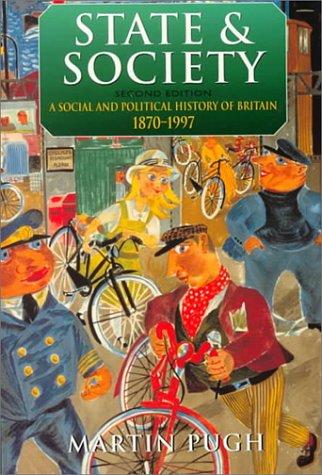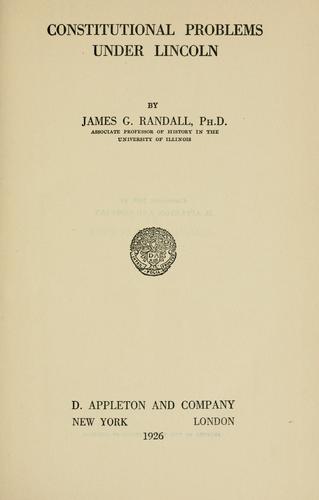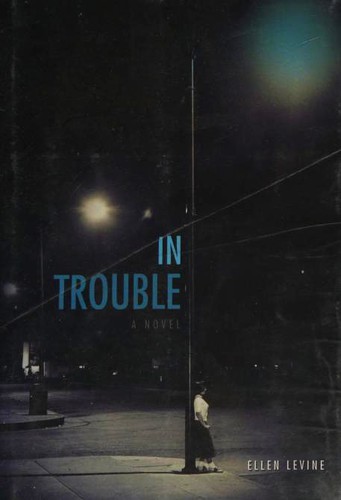
State and society
by Martin Pugh
Martin Pugh's volume offers a vigorous new interpretation of political and social developments in Britain since the late-Victorian era. With the skill and insight that characterize his earlier books, he explores as his central theme the relationship between the British state and its citizens.
He considers the extent to which negative 'Victorian' ideas about government had begun to erode even while Queen Victoria was on the throne, and emphasizes the Edwardian period as a turning point in the emergence of a more positive view of the state. The Great War, seen as a stimulus to innovation in the short-run, is revealed as a powerful agent of reaction against change in the longer term.
As Britain suffered economic decline and political upheaval between the wars, laissez-faire became less attainable, or desirable. The emergence of a phase of consensus in political, social, and economic affairs in the aftermath of the Second World War, and the persistence of that consensus up to the mid 1970s, is a complex phenomenon that receives thorough examination - as do the reasons for the breakdown of post-war policies, in a society in full retreat from great power status, and the attempts since 1979 to return to a state of 'Victorian' proportions, with the rise and fall of Thatcherism viewed in the context of long-term historical changes.


